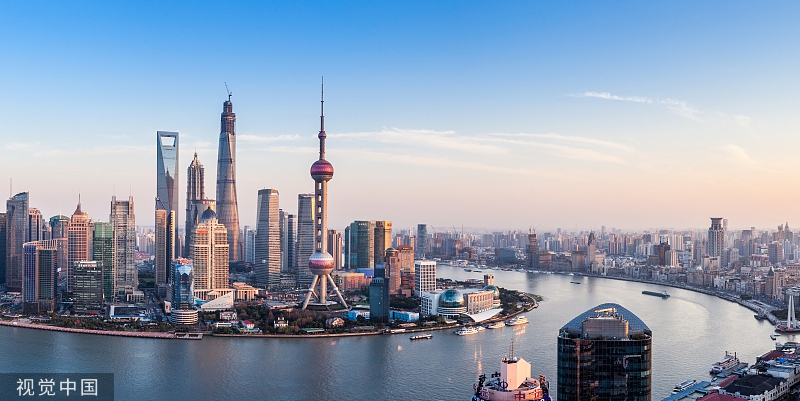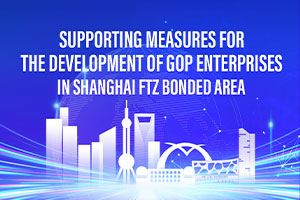Pudong's fixed asset investment grows

A view of Lujiazui area, the financial center in Shanghai. [Photo/VCG]
The fixed asset investment in Shanghai's Pudong New Area grew 49.9 percent year-on-year to hit 107 billion yuan ($14.78 billion) in the first five months of this year, officials announced at a news conference on Monday.
The area's total retail sales of consumer goods also surged 37.1 percent year-on-year to 168 billion yuan.
During the conference, Pudong's Party Chief Zhu Zhisong shared that the area's GDP exceeded 1.6 trillion yuan ($221 billion) and accounted for 35.9 percent of Shanghai's total.
Zhu added that Pudong has been making great efforts to streamline administration processes, optimize its business environment, attract talent and improve residents' livelihood over the past two years. Authorities will also continue to explore ways to implement reform in administration, opening-up, trade facilitation, technological innovation and economic growth.
Pudong New Area is home to the China (Shanghai) Pilot Free Trade Zone, which is the nation's first free trade zone. This year marks the zone's 10th anniversary.
Hang Yingwei, the head of the government of Pudong New Area, said at the conference that Pudong's streamlined administration process has attracted more companies and created a more dynamic market. In the first five months this year, Pudong became new home to over 16,000 domestic companies and 13 regional headquarters of multinational companies, as well as welcomed 95 new first stores.
Pudong's three leading industries - integrated circuit, biomedicine and artificial intelligence are also expected to expand to over 750 billion yuan in scale this year, Hang added.
Scientific and technological innovation and the building of a modern industrial system are essential to driving Pudong's high-quality growth, said Li Hui, head of the Pudong Technology and Economic Committee.
In addition to developing its three leading industries, Pudong will also continue to promote the development of core and emerging industries such as chips, aviation, pharmacy and medical devices, automotive, high-end equipment manufacturing and data industries, said officials.
"Pudong will strive to build an international, open and integrated ecology for scientific and technological innovation, and be the city's main driver of innovation in science and technology sectors," said Li, who invited scientists and entrepreneurs from around the world to contribute to Pudong's opening-up and economic growth.
Wang Xin contributed to the story.


 Favorable policies boost 'China Travel' trend
Favorable policies boost 'China Travel' trend  Supporting Measures for the Development of GOP Enterprises in Shanghai FTZ Bonded Area
Supporting Measures for the Development of GOP Enterprises in Shanghai FTZ Bonded Area  Decoding numbers: 10 years of Shanghai FTZ
Decoding numbers: 10 years of Shanghai FTZ  play
play 